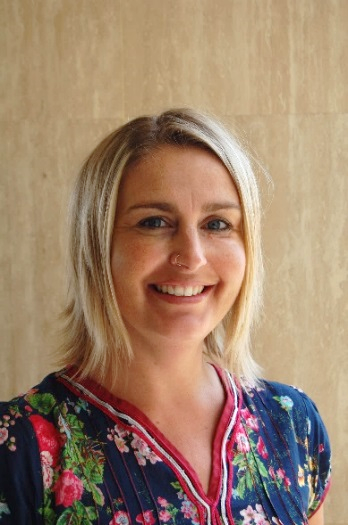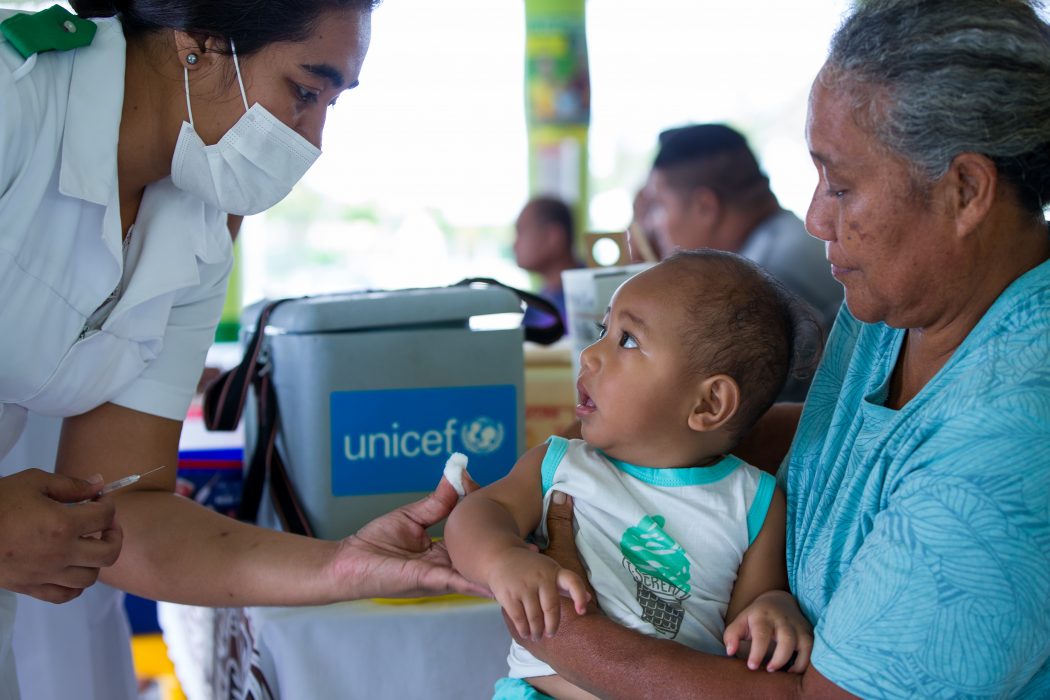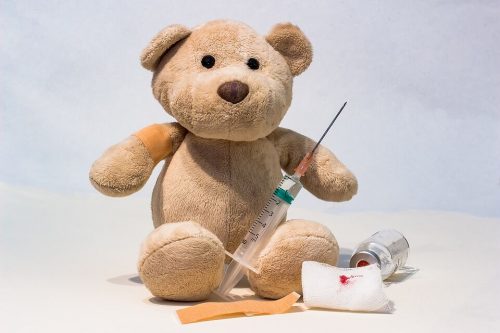World Immunisation Week which began on Friday 24th April and concludes Thursday 30th April, showcases the growing importance of awareness and the effective ways to keep children safe from preventable disease.
UNICEF Australia, the humanitarian fund organisation that champions children’s health and wellbeing, along with the Department of Health have urged parents to not forget about their child’s immunisation programs during this time of crisis.Though Australia has a generally high level of immunised children, experts note it is essential that we do not fall behind in vaccination upkeep.
24 countries around the globe including Brazil, Mexico and Ukraine have paused child vaccination programs in the wake of COVID 19, leaving over 117 million children susceptible to deadly and preventable diseases such as measles, tetanus and rubella.
Despite Australia not being one of these countries, we still have a low level of children who are fully immunised at the age of two years old.
Felicity Wever, Director of International Programs at UNICEF Australia says any decline in immunisation rates, particularly for this age group, would be cause for concern. We should be making sure children are not missing out for good, putting them at unnecessary risk of preventable disease.
“The government sets out the immunisation schedule for children, but some children may be missing out on immunisation due to social distancing or fear of COVID-19.
“Immunisations are an essential part of regular health checks, so we’re urging parents to continue to make those appointments during this time.

“UNICEF is also ensuring there is a continuity of ongoing health services for children in the wider Asia Pacific region, including immunisations, even in the midst of this pandemic.,” says Ms Wever.
Similar trends of immunisation postponement are developing in Asia Pacific regions including Vietnam and the Philippines, which is particularly dangerous as experienced during a recent secondary outbreak of measles in Samoa,.
Due to postponement of supplementary programs, pockets of children are left un-immunised and vulnerable. In such vulnerable countries wherein health systems are often of lower standard, prevention is truly the best treatment and these childhood diseases combined with coronavirus result in communities fighting against a multi-pronged enemy.
“It’s not that long ago I that we saw a measles outbreak in Samoa. 70 lives lost and 61 children under five years old died as a result of that.” says Ms Wever.
“Outbreaks are a very real risk when you have declined coverage of immunisation.”
“Having worked with UNICEF for a number of years now in places where it is such a precious gift for parents to be able to immunise their children because they have much higher rates of mortality under five years old; it’s a luxury in countries with very high levels of coverage like Australia for parents to be able to make their own choices.”

Dr. Katherine O’Brien, Director of the Immunisation, Vaccines and Biologicals Programme at the World Health Organisation implores people to continue vaccinations wherever possible.
“WHO is working constantly with partners and scientists to accelerate vaccine development for COVID-19, but we must also ensure people are protected against those diseases for which vaccines already exist,” says Dr. O’Brien.
“The message from this guidance is clear. Countries should take what steps they can to sustain immunisation programmes and prevent unnecessary loss of life.”

World Immunisation Week is primarily about raising awareness. Children still die of completely preventable diseases, a fact that should not be the case in 2020, especially when first-hand evidence of the lethality unchecked disease results in can be seen globally.
Parents have the right and duty to protect their children. Many deadly childhood diseases have been all but eradicated, the number steadily declining.
This can only continue if awareness increases, everyone contributes and does their part to support childhood health via immunisation.







